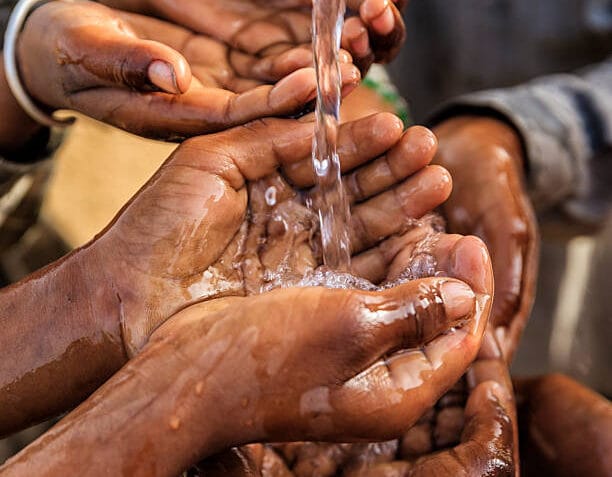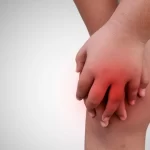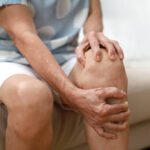- Home
- NEWS/RESEARCH/ARTICLES
- Is It Possible to Overdose on ...

We’ve all heard the advice: “Drink more water,” but did you know that too much of it can actually be dangerous? While water is essential for life, excessive consumption can lead to a condition known as water intoxication, or hyponatremia.
This occurs when the balance of electrolytes in your body, particularly sodium, becomes dangerously diluted. Let’s explore the scientific reality of water overdose and why more isn’t always better.
Why Do We Need Water?
Water is crucial for bodily functions, including regulating temperature, aiding digestion, transporting nutrients, and removing waste. The body maintains a delicate balance of fluids and electrolytes (sodium, potassium, chloride, etc.) to keep cells functioning properly. However, consuming too much water too quickly can disrupt this balance, leading to potentially life-threatening complications.
What Happens During Water Intoxication?
Water intoxication occurs when you ingest an excessive amount of water in a short period, overwhelming the kidneys’ ability to excrete it. The kidneys can process roughly 0.8-1.0 liters (27-34 ounces) of water per hour. Consuming more than this can cause excess water to accumulate in the bloodstream, diluting the concentration of electrolytes—primarily sodium.
Hyponatremia, a condition characterized by abnormally low levels of sodium in the blood, is the main issue here. Sodium is essential for maintaining the balance of fluids in and around cells. When sodium levels drop too low, water moves into the cells, causing them to swell. This cellular swelling can be particularly dangerous in the brain, where it leads to increased intracranial pressure and symptoms like:
- Headaches
- Nausea and vomiting
- Confusion or disorientation
- Seizures
- Coma and, in severe cases, death
Beyond Sodium: Other Electrolytes Affected
While sodium is the most critical electrolyte involved, water intoxication can also disrupt other electrolytes like potassium, chloride, and calcium. These electrolytes play key roles in nerve function, muscle contractions, and cellular processes. When their levels become diluted, additional symptoms may arise, such as muscle cramps, weakness, and irregular heartbeats.
How Much Water Is Too Much?
The risk of water intoxication increases when large amounts of water are consumed rapidly. The amount varies based on individual factors like body size, kidney function, and activity level. For example, endurance athletes may develop hyponatremia if they drink excessive amounts of water during prolonged exercise without adequately replacing electrolytes.
While exact amounts can differ, consuming more than 3-4 liters (about 100-135 ounces) over a few hours could potentially lead to water intoxication, especially without replenishing electrolytes lost through sweat.

Real-Life Cases of Water Intoxication
Several documented cases highlight the dangers of water intoxication:
- Endurance Events: Athletes in marathons or triathlons sometimes drink large quantities of water without replacing lost electrolytes. This can cause their sodium levels to drop, leading to hyponatremia.
- Military Training: In high-heat environments, excessive water consumption without electrolyte replenishment has led to cases of water intoxication among soldiers.
- Overhydration Challenges: In one tragic case, a woman died after participating in a radio contest that involved drinking large amounts of water without urinating.
Who Is at Risk?
Water intoxication is rare but can occur in certain scenarios:
- Endurance Athletes: Drinking excessive water during events without electrolyte replacement.
- Infants: Babies are more susceptible due to their smaller size and developing kidneys.
- Individuals with Kidney Disorders: Those with impaired kidney function may have trouble excreting excess water.
- People with Certain Psychiatric Conditions: Some disorders can lead to compulsive water consumption, known as psychogenic polydipsia.
How to Stay Hydrated Safely
To avoid water intoxication, follow these guidelines:
- Listen to Thirst Cues: Let your body’s natural thirst mechanism guide your fluid intake.
- Balance Fluids with Electrolytes: Especially during prolonged exercise or heat exposure, use drinks containing sodium and other electrolytes.
- Avoid Drinking Excessive Amounts Quickly: Spread out your fluid intake throughout the day.
- Consider Individual Needs: Factors such as activity level, climate, and health conditions should guide your hydration strategy.
The Bottom Line
Yes, it is possible to overdose on water, although it’s a rare occurrence. The key to avoiding water intoxication is understanding the balance between fluid intake and electrolyte levels. While staying hydrated is vital, it’s important not to overdo it. Listen to your body, drink when thirsty, and remember that more isn’t always better when it comes to water.
Balancing hydration with appropriate electrolyte intake ensures that your body’s essential processes run smoothly. Stay informed, stay hydrated—but not too much!












